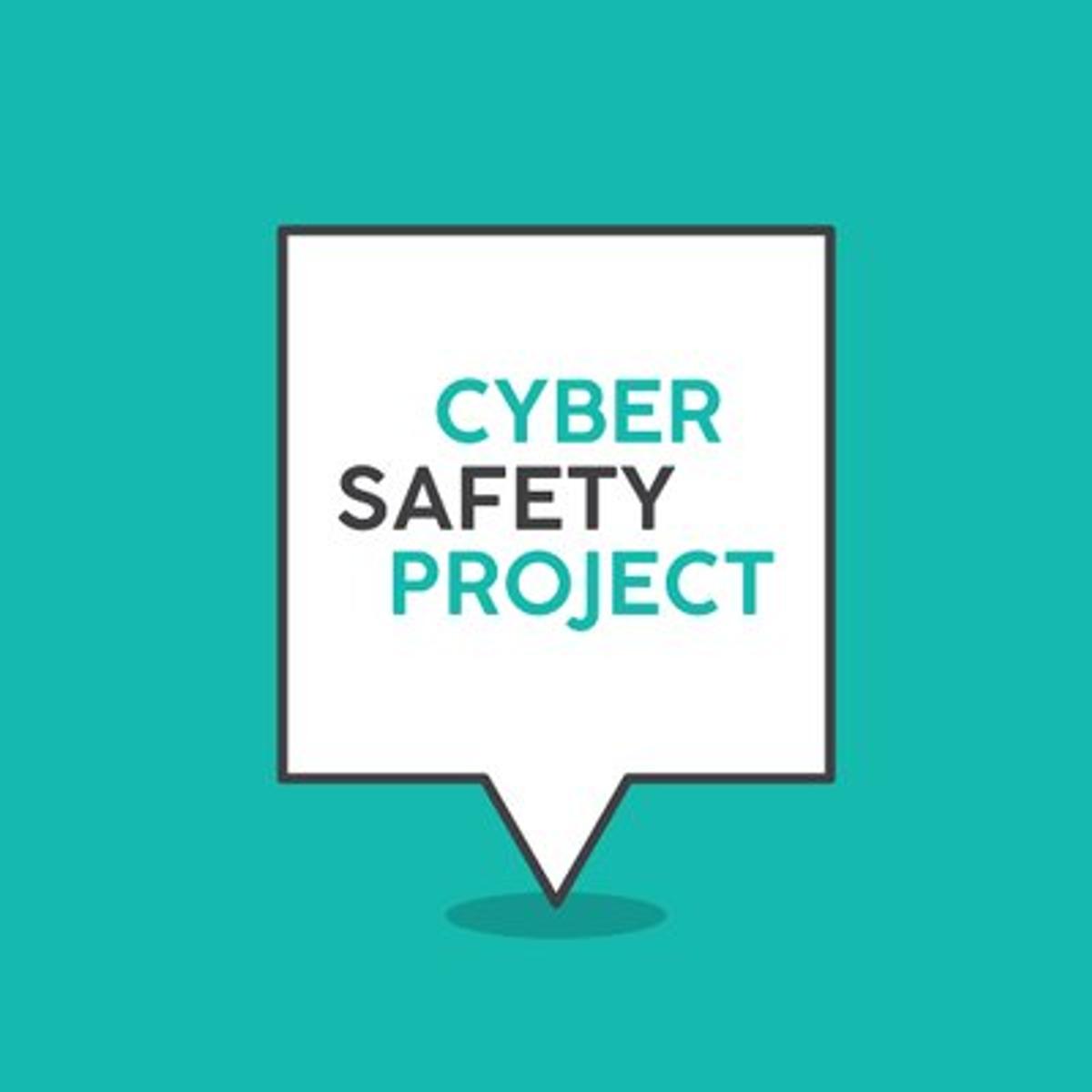e-Learning News

DigiKnow Podcast: byte-sized conversations to keep your family safe online
DigiKnow the Cyber Safety Project now has a podcast for families? Byte-sized conversations for parents/guardians and their kids to tune in and start the important chat about building cyber security, cyber safety and digital wellbeing habits.
We know as we settle into a ‘new norm’ post the COVID pandemic, families are grappling with the increased use of and access to technology in their daily lives. The DigiKnow Podcast Series includes 8 short, ‘byte-sized’ episodes with Cyber Safety Project co-founders Sam and Trent sharing stories and experiences of learning, connecting, playing and working online. Each 5-8 minute episode includes a conversation starter to get parents and their children talking about all things cyber security, cyber safety and digital wellbeing.
Why the DigiKnow Podcast Series?
Digital technologies play an integral role in our daily lives, and they’re here to stay. It’s important we support young people to develop the skills they need to self-manage their own digital safety and wellbeing. We can do this through modelling good habits, regularly conversing about technology safety, and building strong and trusting relationships with our children.
In 2021, the Cyber Safety Project investigation into the digital habits of young Australian teens uncovered how teenagers aged 13-17 are currently experiencing the online world. It highlighted trending social networks and online games, as well as the exposure to risks and harms from being digitally connected.
Alarmingly, the report uncovered that only 1 in 3 young people would reach out to a trusted adult, such as a parent or teacher, if something was to go wrong for them online.
With a mission to create cyber safety communities, the team has been working to address many of the key concerns raised from the 2021 Digital Habits Survey Report. In a follow-up Student Leaders Forum, the team asked young people to share their reasons why they were reluctant to reach out to their parents and guardians if something was going wrong for them online.
Two stand out comments were clear. Students are;
- fearful their parents/guardians would be angry with them or they would get into trouble.
- concerned their device might get taken away from them.
In addition, a recent consultation with young people, commissioned by an eSafety report published by Western Sydney University supports our findings.
“[Young people] want to be confident that adults have the necessary knowledge to help them and they won’t be patronised or punished [by their parents] for sharing and seeking help.”
How can we support our kids to be safe, independent and confident digital citizens?
Building positive and open relationships with the young people in our lives is a simple, yet highly effective strategy to support young people to learn to navigate the digital world safely.
We know the pressures of parenting today are vast and time is precious, so the DigiKnow podcast series is designed to be a quick and easy tool for parents to pop on in the car on the way to school or listen to together on a family walk.
What you can expect from the DigiKnow Podcast Series:
Episode 1: Why It’s Not Always Safe Online
- It’s the people we encounter online that make it unsafe. Who are these people and why do they make it unsafe for us online?
Episode 2: Cyberbullying and Online Abuse
- 13% of young people reported being cyberbullied in the last 12 months. What is the difference between a mean comment and cyberbullying? How can we report cyberbullying and where can we get support?
Episode 3: Settings For Success
- 5 minutes in the settings on a device or app can make a world of difference for preventing online risks and harms. What are default settings and how can we take control so technology isn’t controlling us?
Episode 4: Online Scams
- Tricky people are getting in the way of the fun we can have online. Let’s talk about the different types of scams you might come across.
Episode 5: Personal and Secure Information
- If we are not being careful, it’s can be easy to accidentally give away personal and secure information online. Let’s determine what information is safe versus unsafe to share online. What is your family’s secure information?
Episode 6: Posting is Permanent
- Whilst things can be deleted from the online world once we hit ‘post’ or ‘send’, it’s out there for people to screenshot, download or keep a copy. Let’s talk about online integrity and how what we post can impact how others perceive us.
Episode 7: Managing Unwanted Contact
- Strangers and people with malintent can be lurking in places where the most vulnerable in our community are connecting and playing online. How can we stop strangers from communicating with us and what can we do if we realise a stranger has snuck into our online spaces?
Episode 8: Finding a Digital Balance
- Let’s tune into what technology is doing to draw us in and keep us hooked. What are some daily habits we can practice so that technology plays a positive role in our daily lives and we can find that healthy balance?
For more, visit:
https://cybersafetyproject.com.au/
Lauren Borg
e-Learning/Student Well-being Leader


